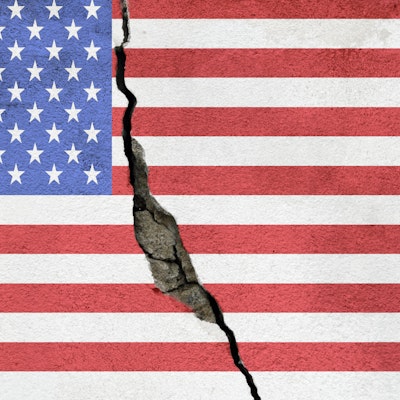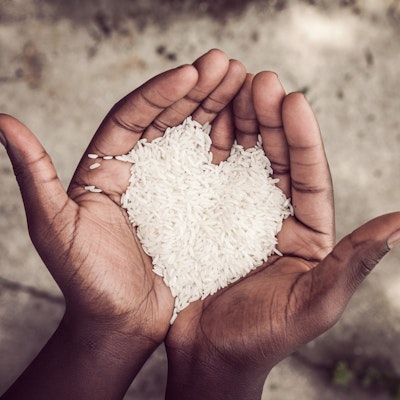
Anything worth doing is hard, difficult, and challenging.
Show Notes
Rodney Foxworth says the racial “wealth gap” is a misnomer because it implies something that’s achievable to close. “Wealth chasm” is more on the nose since we’re talking about disparities created by centuries of oppression. Growing up in Baltimore, Rodney witnessed firsthand what many Black and brown communities face in America — systemic racism, over policing, economic dislocation. Now, as CEO of Common Future, he draws on that lived experience to create a network of organizations across the country that builds relationships and economic power in historically exploited communities. Foxworth is featured in the first episode of Solvers, a new podcast from the Skoll Foundation in partnership with Aspen Ideas. Hosts Courtney E. Martin and Nguhi Mwaura introduce listeners to social entrepreneurs who are tackling some of the world's messiest problems.
Find Solvers on Apple Podcasts, Spotify, Google Podcasts, or your favorite podcast player. Enjoy the entirety of the first episode on Aspen Ideas to Go. Find additional show notes on the Skoll Foundation's Solvers podcast page.
Learn More
Additional Information
Explore
Related episodes


America has been shaped by a hidden phenomenon that touches all of our lives. A rigid hierarchy of human rankings, or caste system, influences our culture, politics, and even our health. Race is the metric by which one’s position in the caste system is determined. In her book, "Caste: The Origins of Our Discontents," Isabel Wilkerson describes how these inherited rankings...


In this pandemic recession, millions of Americans are going hungry, and Black and Hispanic households are hit harder than white ones. Throughout US history, hunger and health have been tied to race and now Covid-19 is affecting low-income, communities of color disproportionately.


It’s time to slow down and start again to remake American culture and undo systemic racism, says author and Yale professor Claudia Rankin. White Americans must wade into the waters of Whiteness, and interrogate their own responses to Blackness.






